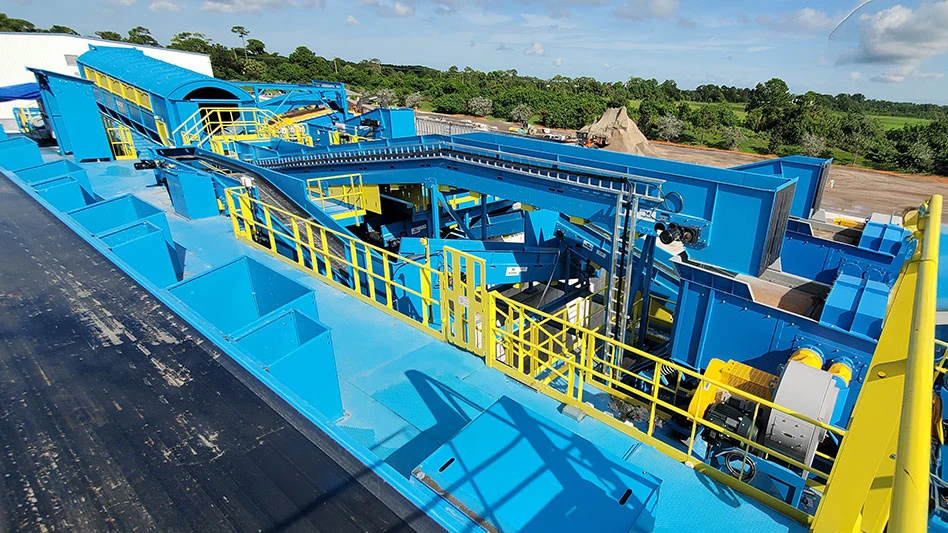Hawaii’s Governor signed the nation’s 11th bottle bill into law earlier this week.
According to the Container Recycling Institute, deposit laws have been proposed in nearly every U.S. state, but no new container deposit law has been enacted since 1986, when California became the 10th state requiring refundable deposits on beverage containers.
“The victory in Hawaii will breathe new life into the campaign to conserve resources and make beverage producers responsible for their packaging waste,” said Pat Franklin, executive director of CRI. “The Hawaii legislature and Governor Cayetano said ‘no’ to the arguments and campaign contributions of the politically powerful beverage industry lobby and ‘yes’ to a system that has a proven record of success in reducing litter and waste.”
The bottle bill debate pitted all four of Hawaii’s county mayors, the state Department of Health, the state Director of Environmental Quality, Honolulu’s recycling coordinator and the Sierra Club against Hawaii Citizens for Comprehensive Recycling, an organization representing the food and beverage industries and funded by the Washington, DC-based National Soft Drink Association.
After numerous legislative hearings in 2001 and 2002, the bottle bill passed the House and Senate on May 1st by votes of 50 to 37 and 25 to19, respectively. “The beverage industry's 30year old recycled arguments against the bottle bill were just not credible, ” said Rep. Hermina Morita, sponsor of the Hawaii bottle bill.
The Hawaii bottle bill would impose a nickel deposit on all beverage cans and bottles except milk beginning in 2005.
The deposits would be refunded to consumers when the beverage containers are returned for recycling. The bill also phases in an additional charge of up to one and a half cents per beverage container that the state Health Department would use to support recycling.
CRI estimates that if the U.S. could increase beverage container recycling from the current national rate of approximately 40 percent to at least 80 percent, a rate that has been reached in most bottle bill states, we could save the energy equivalent of 42 million barrels of crude oil, or enough energy to meet the electrical needs of 7 million U.S. homes.
Bottle bill states are achieving beverage container recycling rates above 72 percent on average according to CRI, and a report released in January by Businesses and Environmentalists Allied for Recycling (BEAR) found that the 10 states are recycling more cans and bottles than the 40 non-bottle bill states combined.
Sixteen states introduced container deposit legislation in 2001 or 2002 and seven bottle bill states tried to expand their laws to include more containers. On the national level, Senator Jim Jeffords (I-VT) introduced The National Beverage Producer Responsibility Act of 2002, which would require beverage producers to collect a 10-cent deposit on every beverage container sold and achieve a recycling rate of 80 percent for their cans and bottles.
Latest from Recycling Today
- Greenwave raises revenue but loses money in Q2 2025
- Recycled steel prices hold steady
- EY says India’s need for scrap imports will continue
- Coming full circle
- Amcor, DCM introduce fertilizer packaging with 35 percent recycled content
- Comstock Metals gets closer to commissioning commercial-scale solar panel recycling facility
- Washington selects Circular Action Alliance as PRO
- Smurfit Westrock expands in Latin America





